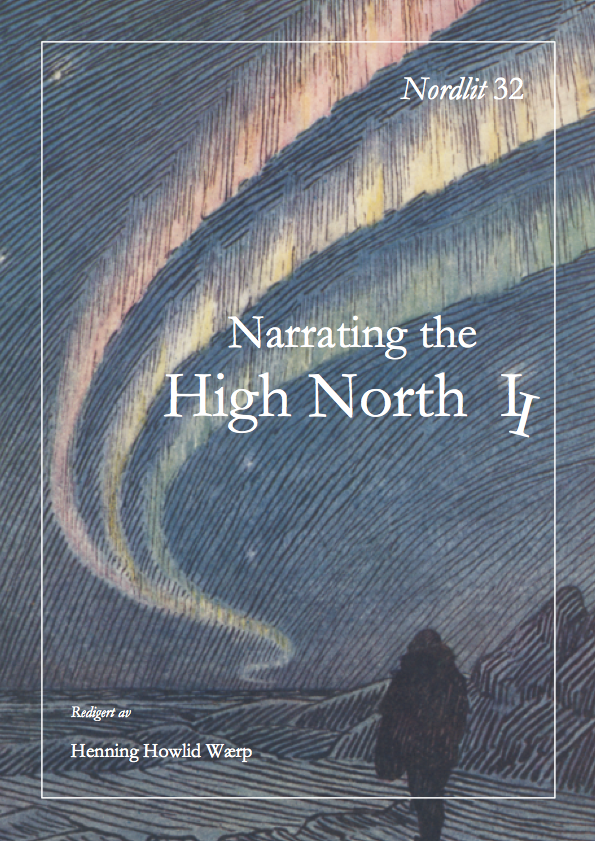Ei lita bok biter seg fast. Wanny Woldstads fangstmannsberetning
DOI:
https://doi.org/10.7557/13.3071Emneord (Nøkkelord):
Fangstmannsberetning, kvinnelig fangstmann, dobbelkontrakt, polarpionerSammendrag
A little book bites stuck. A trapper biography of Wanny Woldstad.
Wanny Woldstad, who still is a well-known polar hero and made more and more famous the last decades through theater plays, songs and writings, wintered over at Svalbard as a trapper and hunter from 1932-37. She left her job as a taxi driver in Tromsø for a tiny little hut and a hunter’s life in Hornsund together with a man she just met. Nearly 20 years after returning to the civilization she wrote a book about her polar experience. Wintering as trappers and hunters seems to have also in a literary project and a lot of trappers have told them polar stories between book covers.
Woldstad writes mainly about her first wintering. She is able to share that she in this first year was overwhelmed by her new surroundings; she was thrilled by the opportunity to hunt birds, foxes and polar bears. She describes enthusiastically nature and the hunting situations. Even everyday activities as making food, celebrating Christmas and writing diary are topics. In her book she gives credit to her partner as a teacher and mentor in the field of hunting and trapping. But through her writing she brings her own competence and capabilities in focus. Her book gives a profound knowledge of a year in on hunting station on Svalbard. It is written as a true story – an autobiography although retrospective, but has its elements of fiction.









